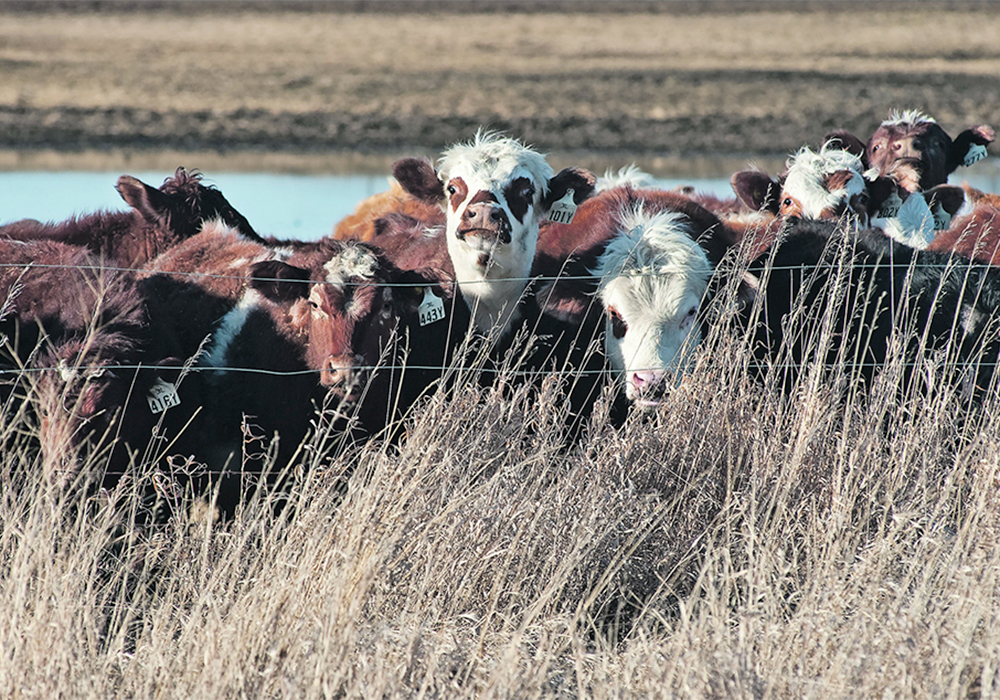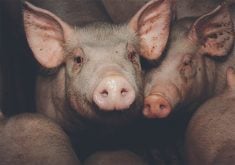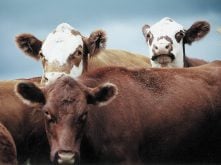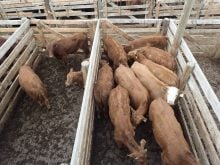Canadian Beef Improvement Network will work with a Calgary company to create a multi-breed information platform
The Canadian Beef Improvement Network has announced that Xerris Inc. of Calgary will help the industry create a unified data platform to share genetic information.
The CBIN, under the Canadian Beef Breeds Council, is working to share genetic information across breeds and throughout the beef production system.
Recently, Results Driven Agriculture Research announced it would contribute funds to the platform development.
CBBC president and CBIN chair Dave Sibbald said the platform will allow information sharing like never before.
“It’s really connecting the cloud, in which most industries are living, to the pasture and the great value of the genetic worth that our Canadian beef herd has,” he said. “Today we have multiple silos within our industry that have an enormous amount of data but they don’t talk to one another.”
Read Also
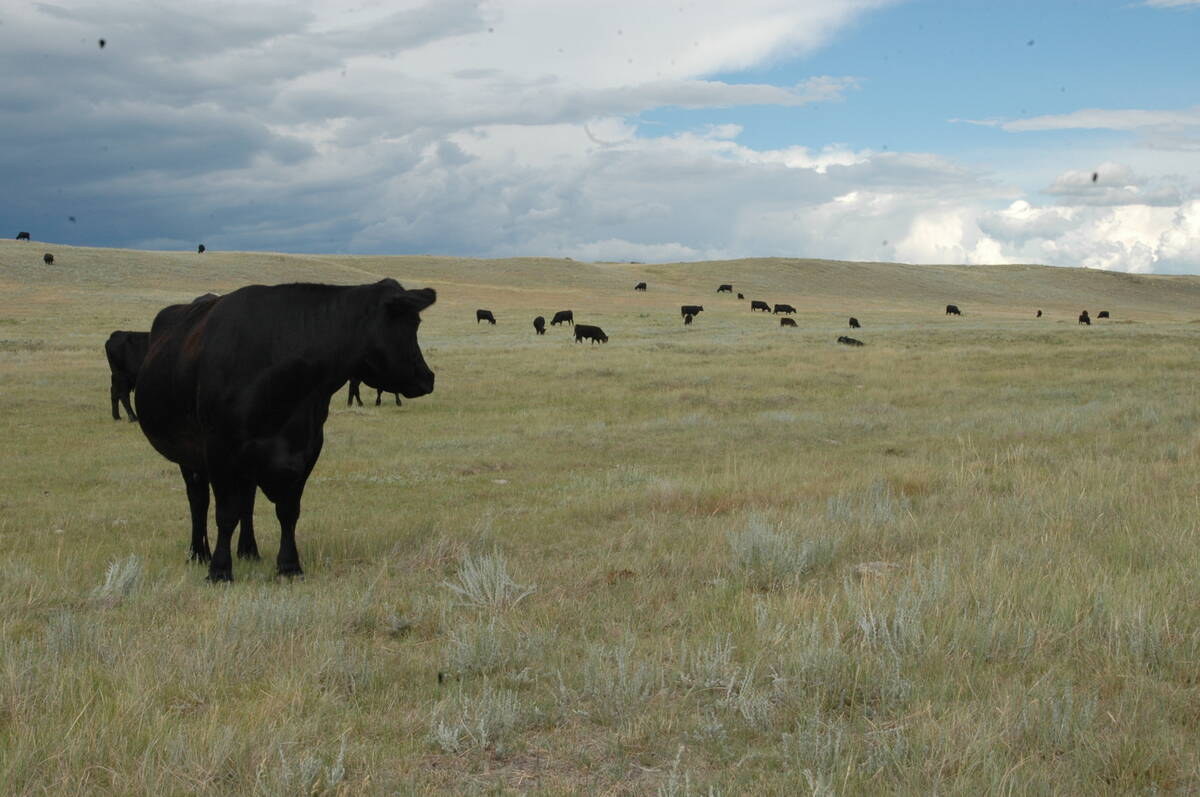
Saskatchewan Cattle Association struggles with lower marketings
This year’s change in the provincial checkoff has allowed the Saskatchewan Cattle Association to breathe a little easier when it comes to finances.
Sibbald said the project will help determine things like which genetics are best suited for certain environments, enhance production efficiency, environmental sustainability and profitability, he said.
The announcement was made at Canadian Western Agribition. Nine breeds have signed on to the project.
Sibbald said Canada raises the highest quality beef. Data can validate and verify that, giving consumers confidence in their purchase.
Also announced during the show was a memorandum of understanding between Olds College and the University of Saskatchewan for the latter to become a member of the pan-Canadian Smart Farm network.
Terry Fonstad, associate dean of research and partnerships at the U of S College of Engineering, said the goal is to enable ag-tech development in all sectors of agriculture, but particularly in the forage, cow-calf and beef feeding industries.
One of the first areas of work will be in further connecting Olds College’s Technology Access Centre for Livestock Production and the Livestock and Forage Centre of Excellence at U of S.
Dr. Joy Agnew, associate vice-president applied research at Olds College, said the Smart Farm concept brings people together to learn from each other and create partnerships to enhance the adoption of technology to improve productivity and sustainability.
LFCE director Scott Wright said the facility brings together the disciplines of science, industry and the value chain.
“Really it’s where the boots meet the dirt,” he said.


